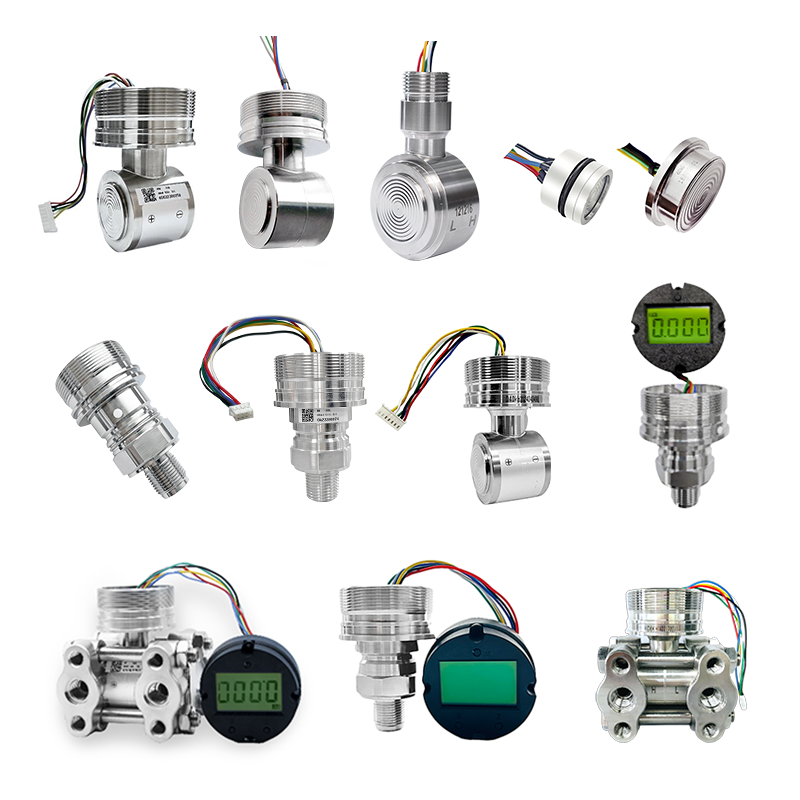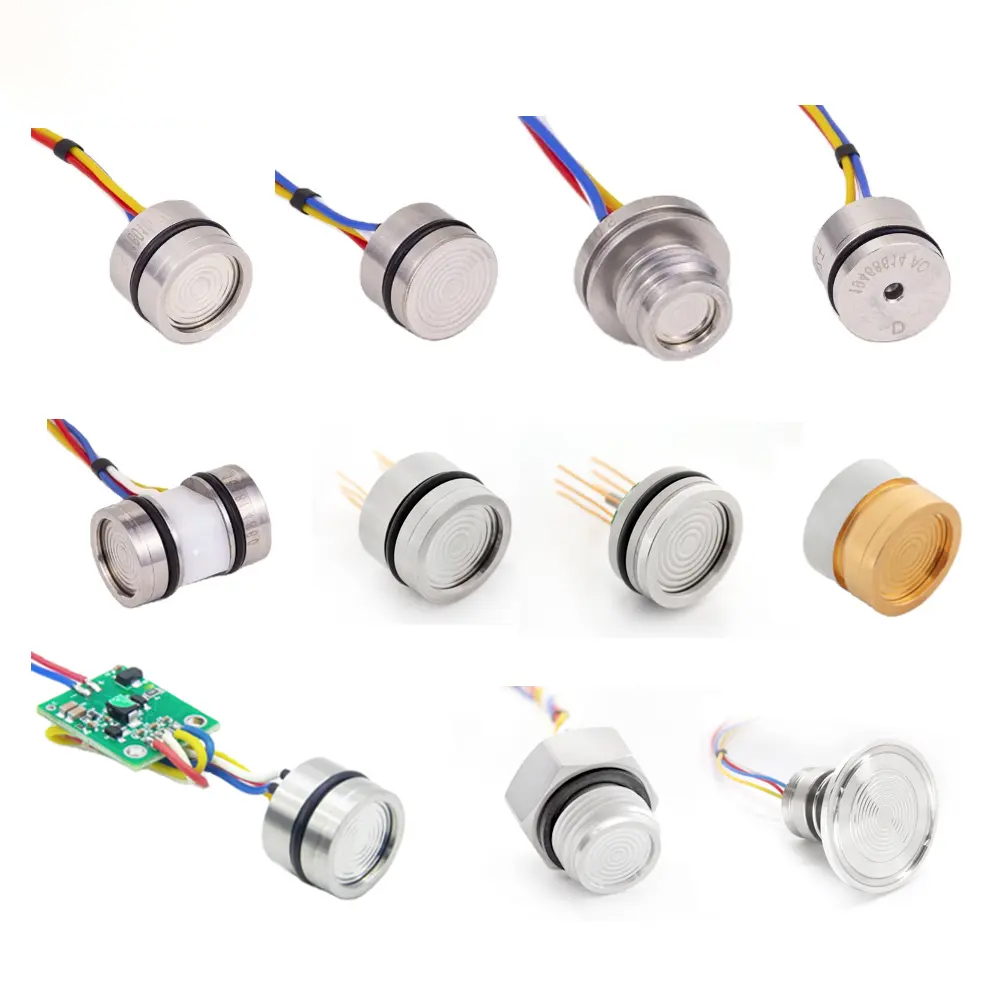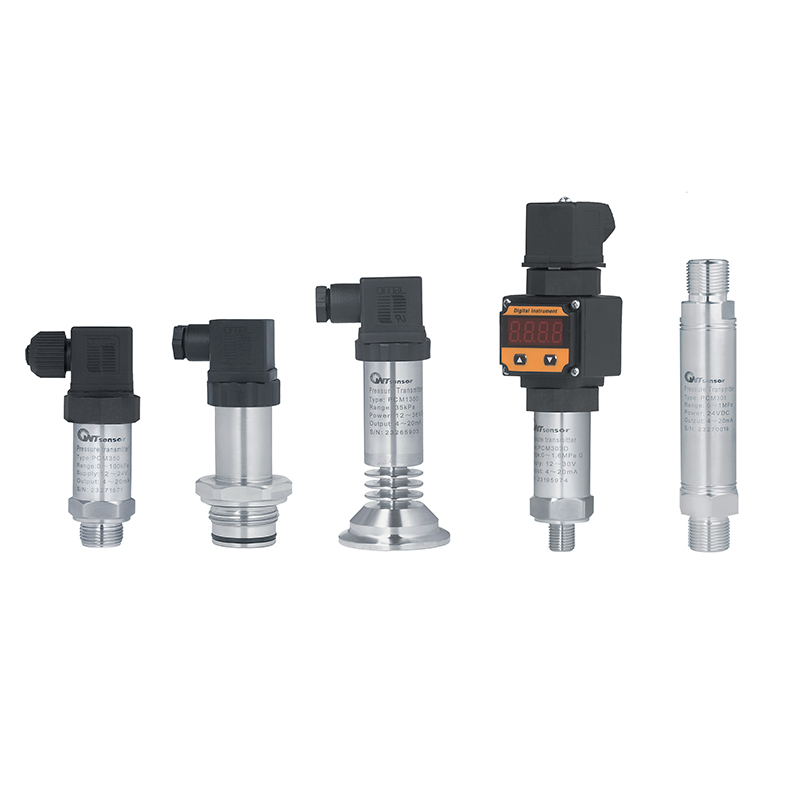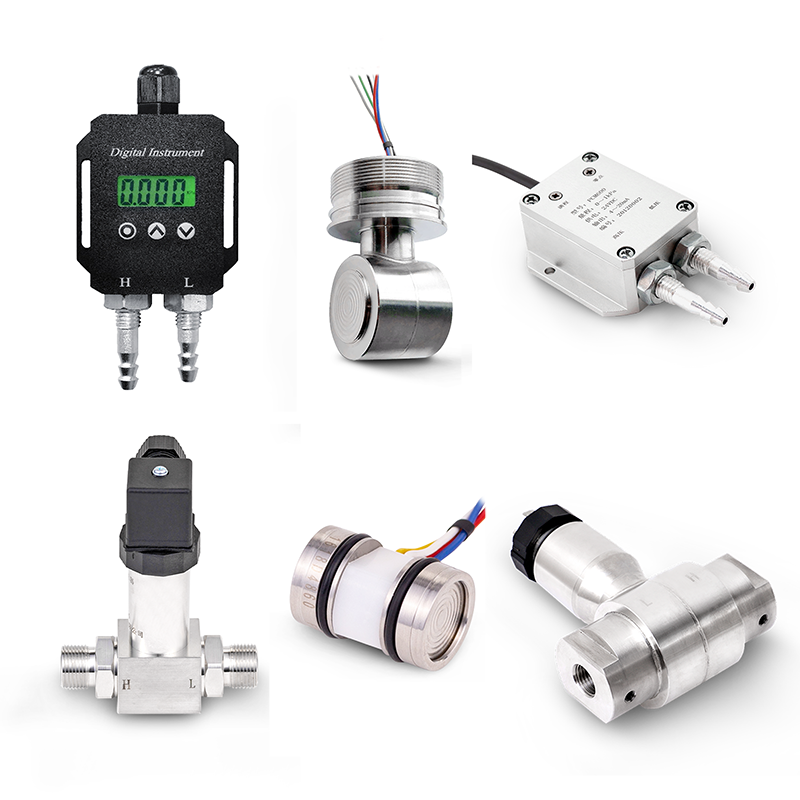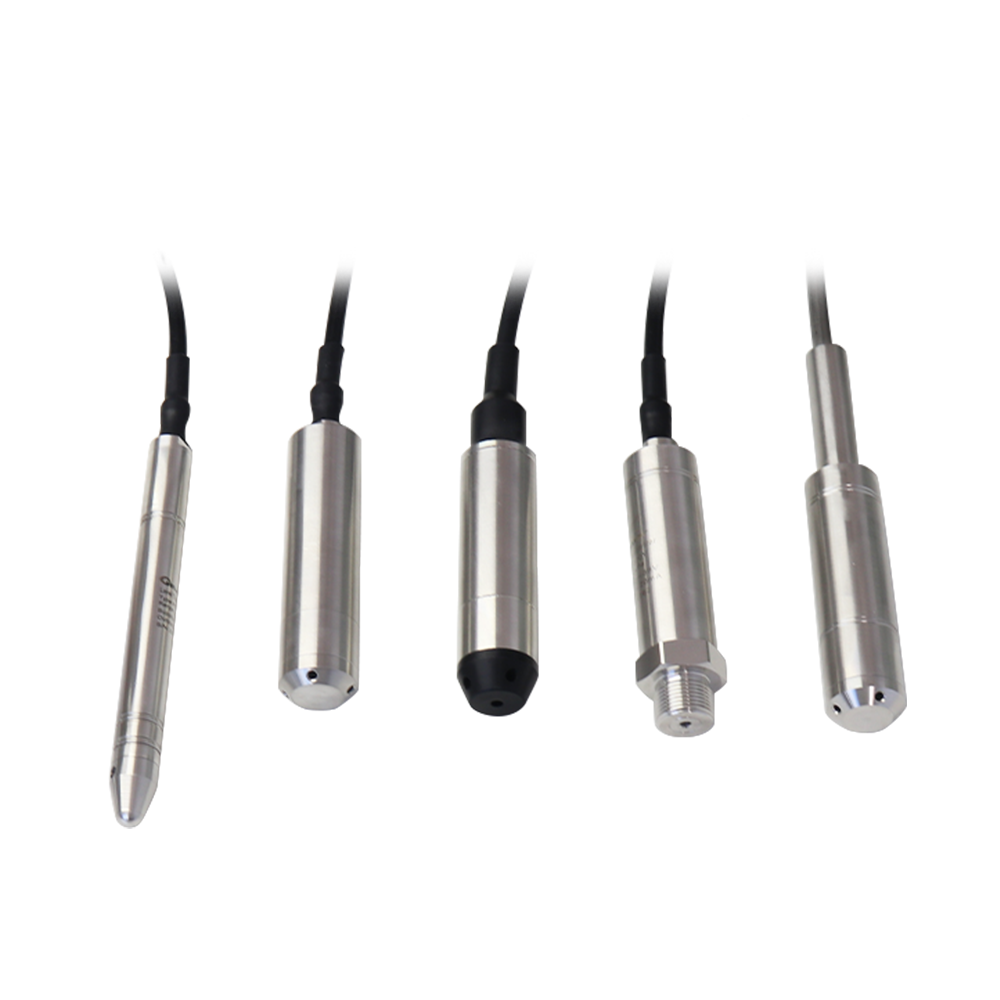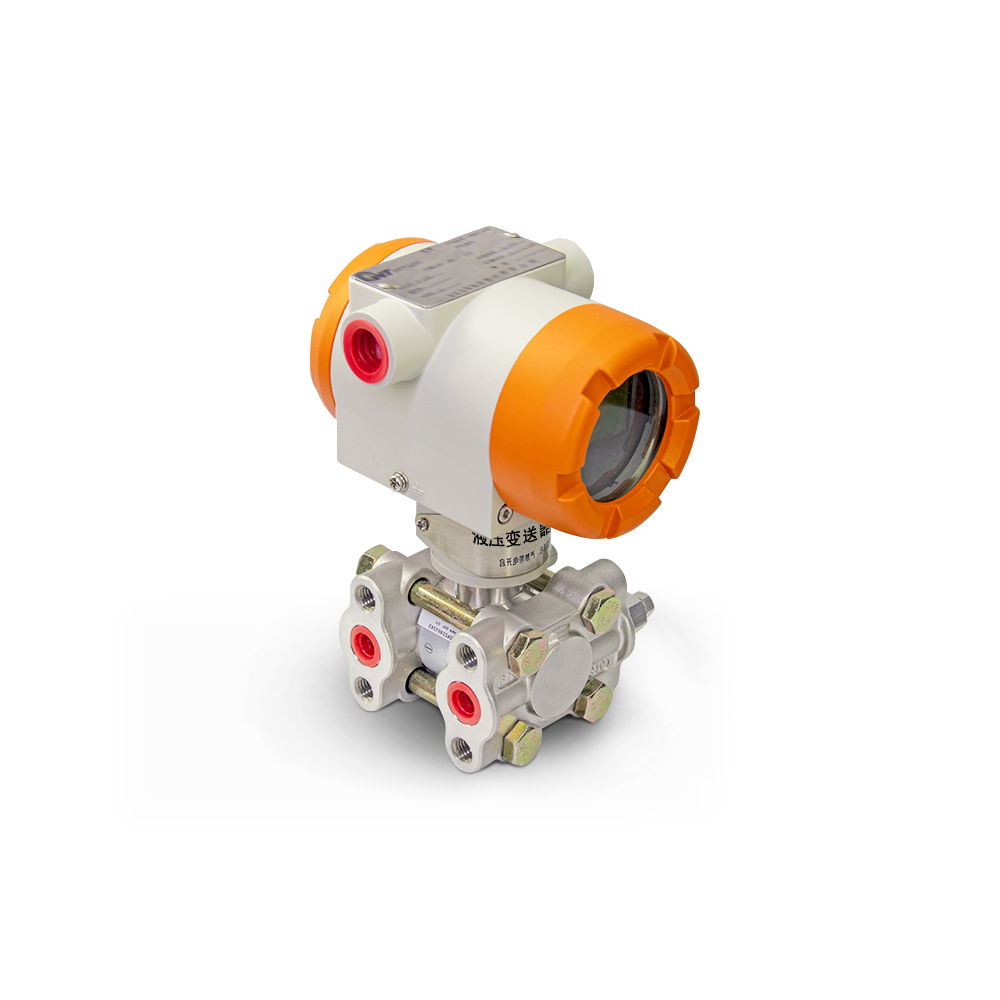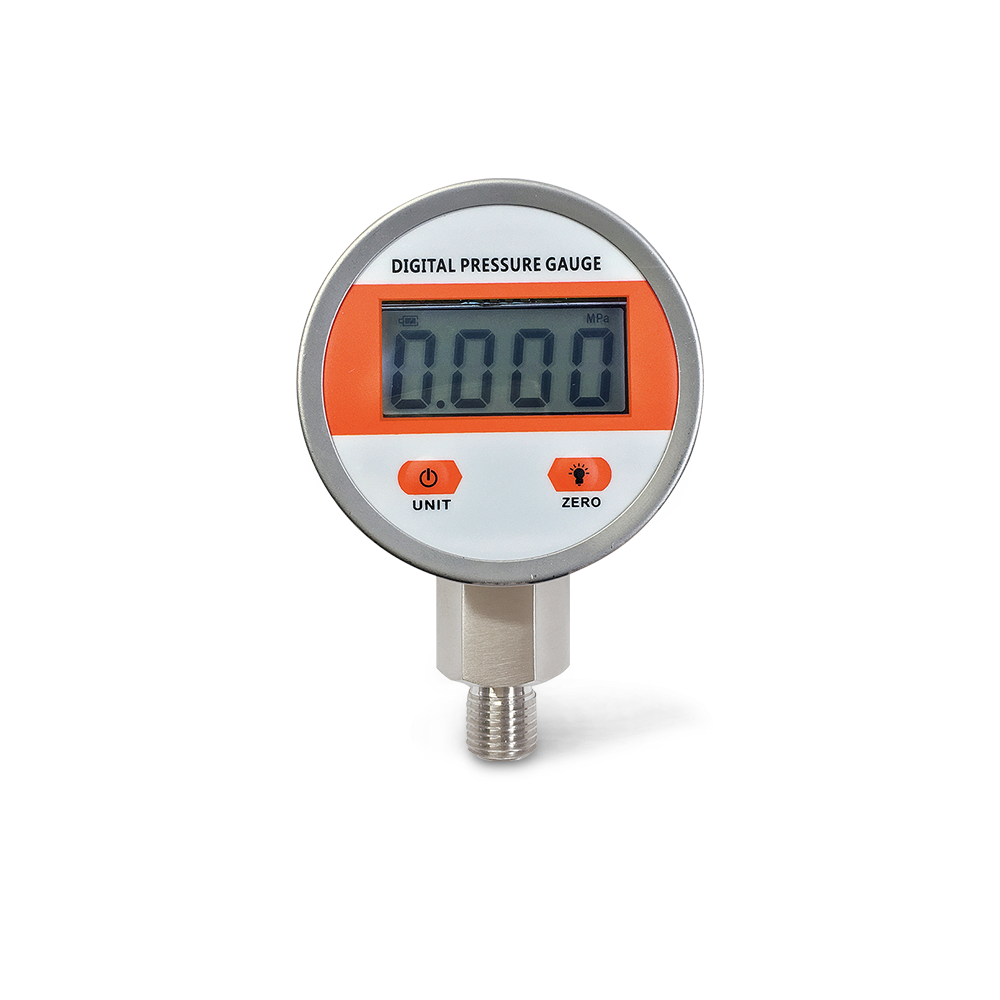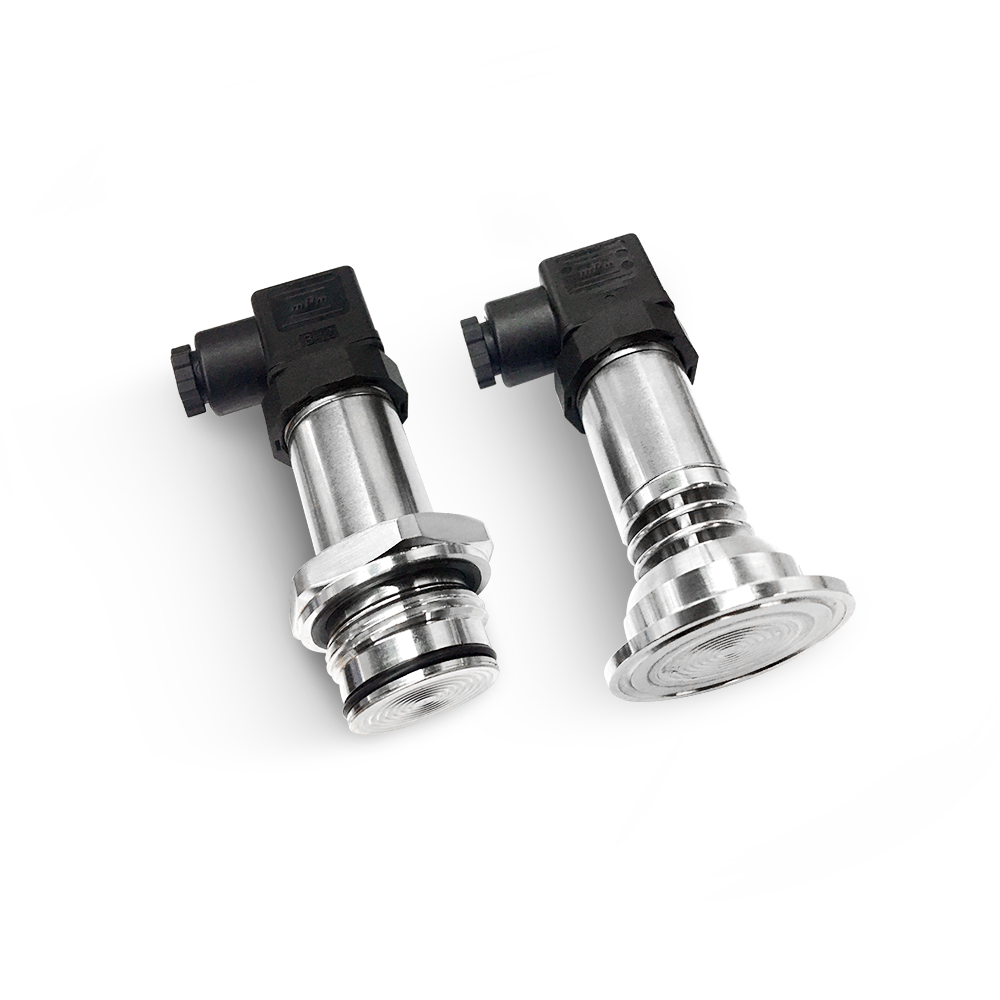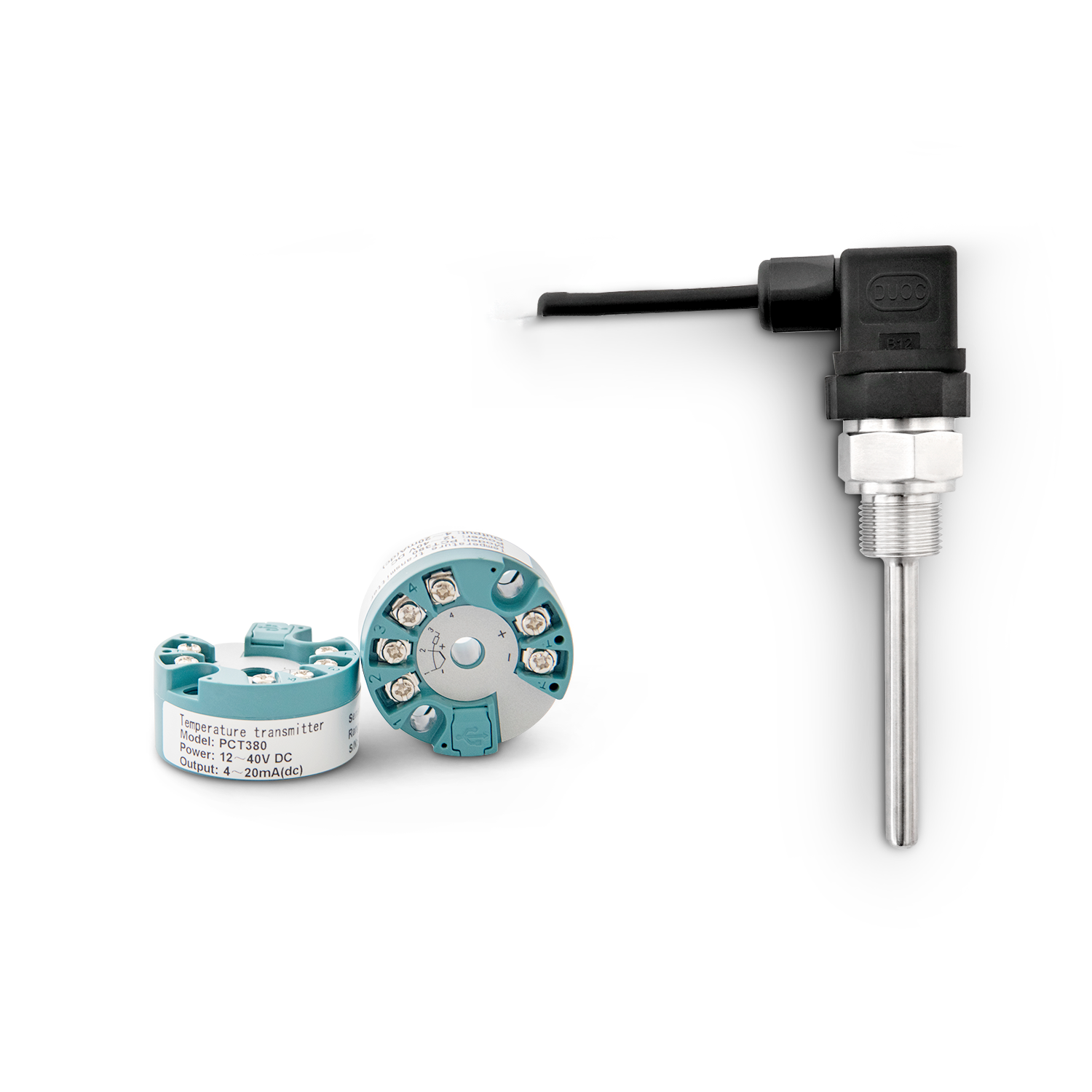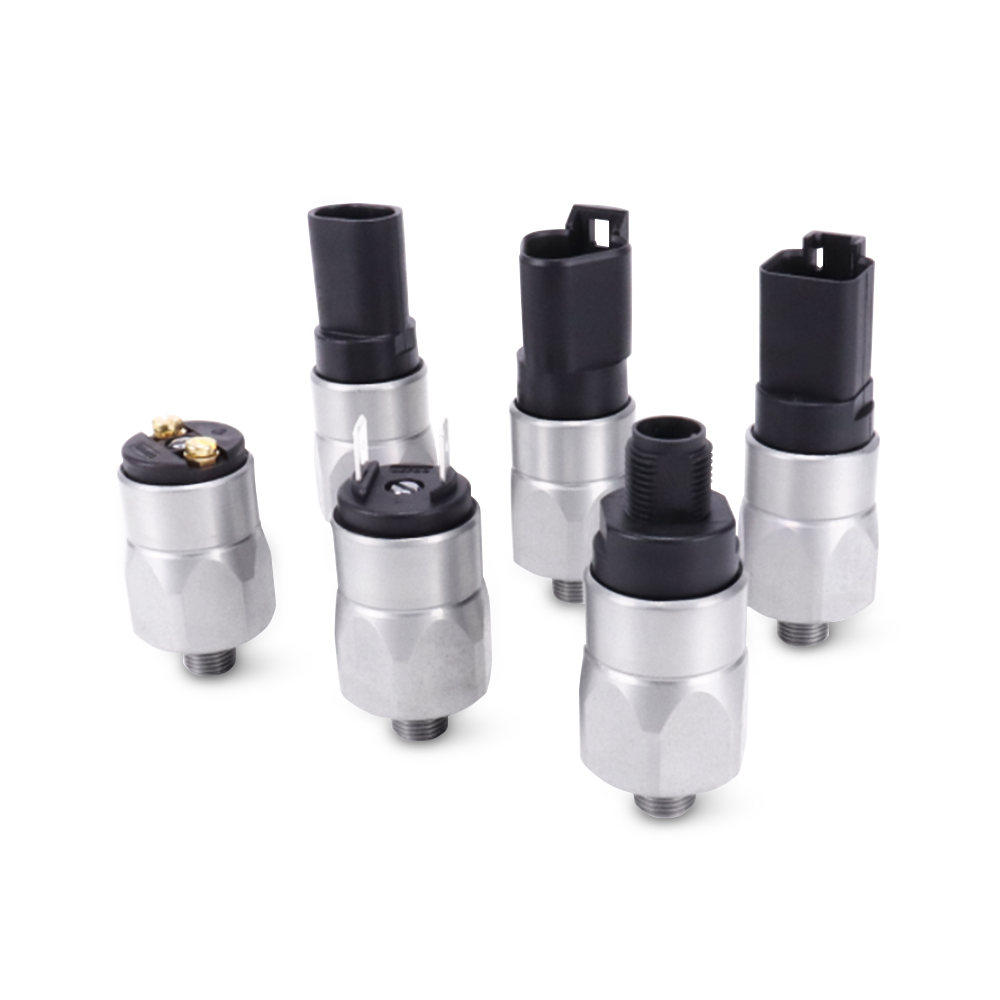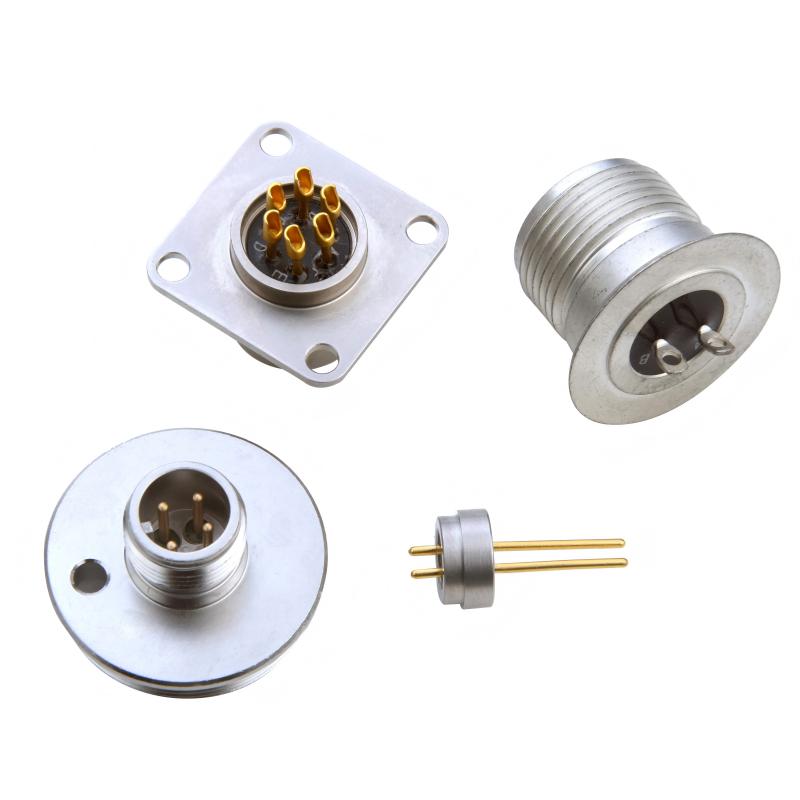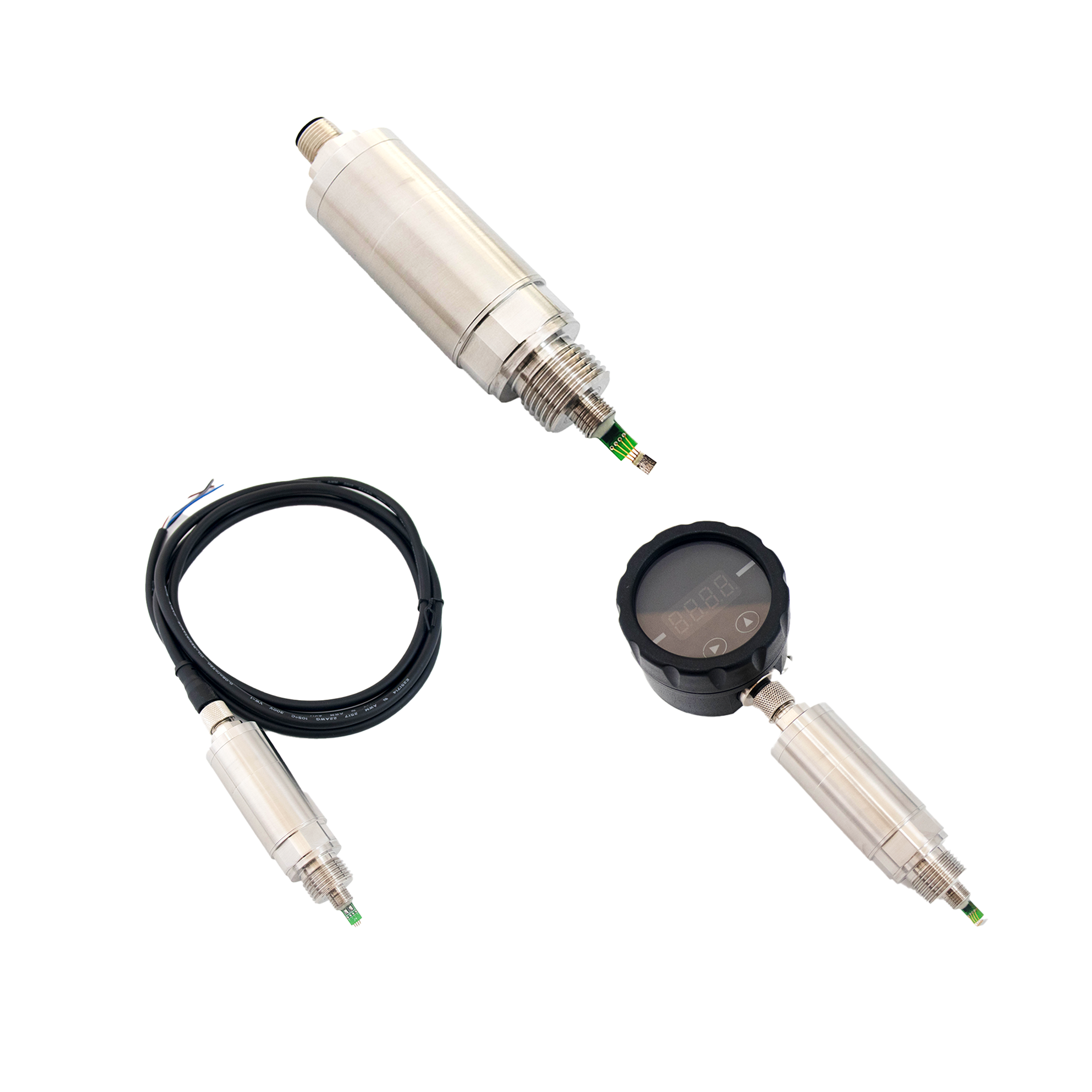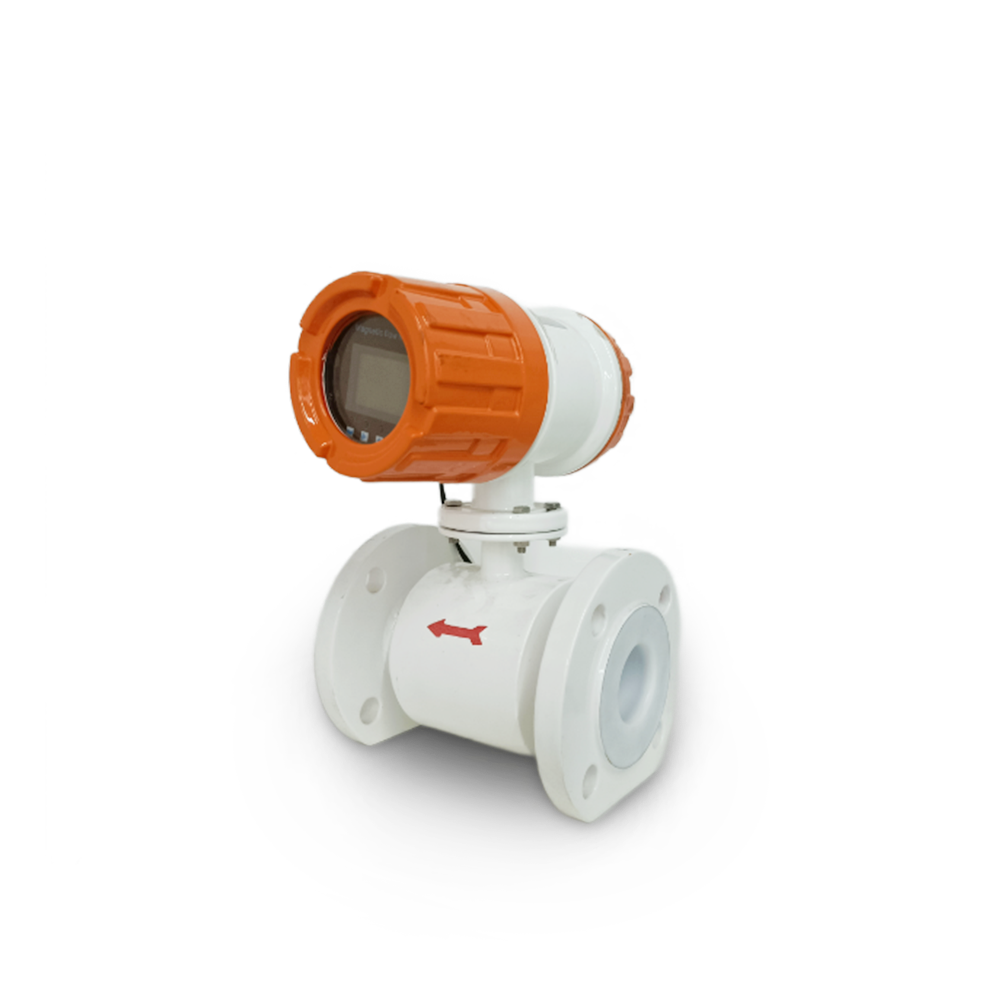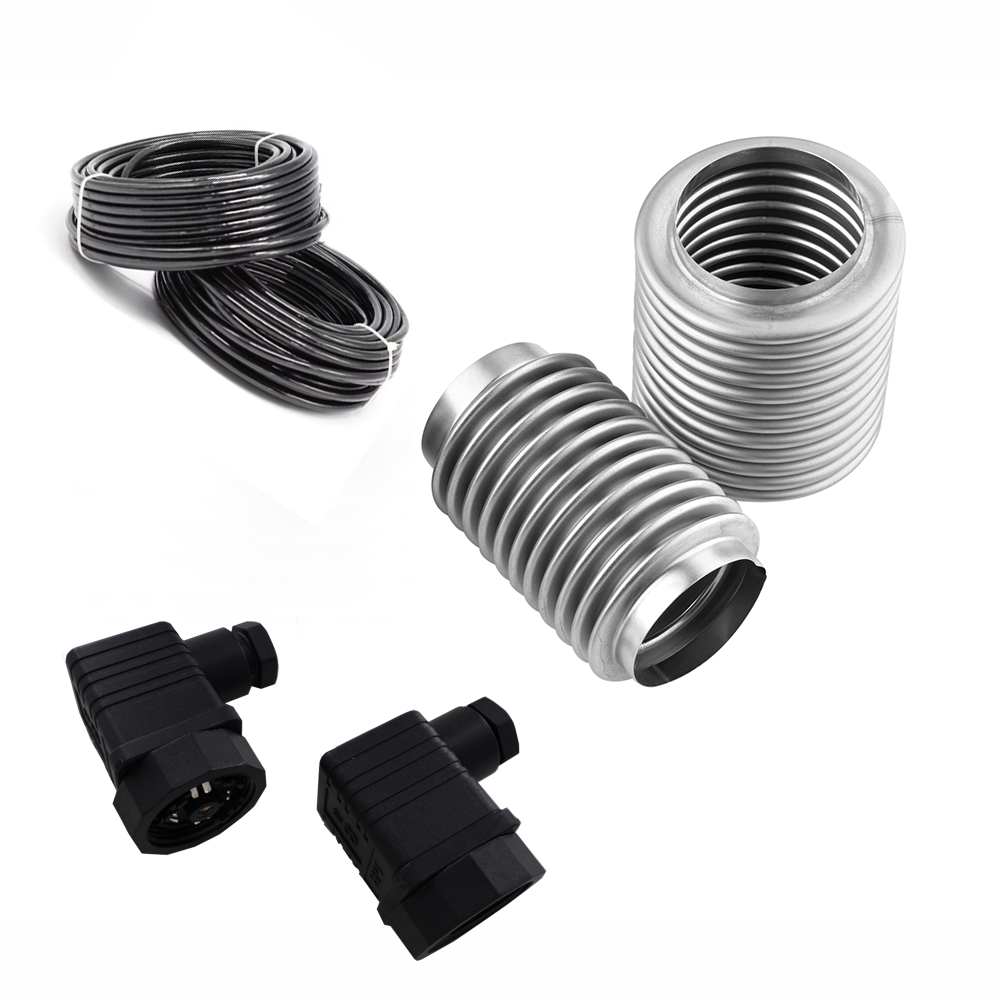Pressure Transmitters in Vehicles and Transportation Systems: Enhancing Safety, Efficiency, and Automation
From: Issued date 2025.06.20 Back

Modern vehicles and transportation systems demand a high level of precision, safety, and efficiency. Whether in heavy-duty trucks, commercial buses, construction machinery, rail systems, or even in electric vehicles, pressure transmitters play an essential role in monitoring and controlling mechanical and fluid systems.
As transportation technologies continue to advance, so does the need for high-performance pressure sensors that are compact, robust, and reliable under varying operating conditions. WTsensor’s PCM320, PCM390, and PCM610 pressure transmitters are specifically engineered to address these needs across multiple subsystems in vehicles and transportation infrastructures.
The Role of Pressure Transmitters in Transportation Systems
Pressure transmitters are devices that measure pressure in gases or liquids and convert this information into a standard electrical signal for monitoring and control purposes. In vehicles and transportation systems, they are used in numerous subsystems:
Fuel and hydraulic system monitoring
Brake system pressure control
Transmission and engine pressure sensing
Air conditioning and HVAC optimization
Suspension system load balancing
Emission and exhaust pressure regulation
Battery pack pressure monitoring in electric vehicles
Reliable pressure sensing not only improves safety and control but also helps extend equipment lifespan, reduce maintenance, and meet regulatory standards for emissions and energy efficiency.
PCM320 Pressure Transmitter: Compact, Smart, and Industrial-Grade
The PCM320 pressure transmitter is designed with an integrated stainless steel structure and a digital processing circuit, making it ideal for modern transportation applications that require compact installation, long-term reliability, and real-time pressure data.
Key Features:
High precision and excellent long-term stability
Digital signal processing with standard voltage or current outputs
Compact and lightweight design for easy integration into confined vehicle spaces
Multiple output forms and process connections
Suitable for measuring absolute, gauge, and sealed gauge pressure
Automotive Applications:
PCM320 is widely used in fuel injection systems, power steering pressure monitoring, and compressed air braking systems. It is particularly suitable for construction vehicles, buses, and freight trucks due to its resistance to vibration, shock, and electromagnetic interference—common conditions in heavy transport environments.
Additionally, its economic and scalable production design makes it a cost-effective solution for OEM vehicle manufacturers.
PCM390 Universal Pressure Transmitter: For Tight Spaces and Robust Systems
As vehicles become more compact and multi-functional, sensors must adapt to limited space and demanding environments. The PCM390 pressure transmitter is purpose-built for such scenarios.
Key Features:
Ultra-compact structure designed for installation in small spaces
Strong resistance to interference, vibration, and environmental challenges
High stability with digital circuit compensation
Stainless steel 316L diaphragm in contact with the media for enhanced corrosion resistance
Multiple pressure range options (absolute, gauge, sealed gauge)
Transportation Applications:
PCM390 is ideal for air compressor systems, cooling and HVAC controls, and hydraulic actuators within vehicles. Its small diameter makes it especially useful for passenger vehicles, electric cars, and agricultural machinery, where internal space is limited but measurement precision is critical.
Moreover, in booster pump monitoring and servo valve control, PCM390 ensures efficient operation by preventing under-pressure or overpressure conditions, which could lead to performance degradation or system failure.
PCM610 Differential Pressure Transmitter: Precise Control for Complex Vehicle Systems
Differential pressure plays a key role in fluid dynamics within transport systems. The PCM610 differential pressure transmitter brings advanced measurement capability to scenarios where comparing pressure between two points is crucial.
Key Features:
Piezoresistive silicon differential pressure sensor with oil filling
316L stainless steel construction for durability and corrosion resistance
Measures differential pressure across filters, flow paths, or liquid levels
Short circuit and reverse polarity protection
Vibration and shock-resistant, with adjustable zero and span settings
Vehicle-Specific Applications:
In rail systems, heavy-duty trucks, and aerospace applications, differential pressure monitoring is used to detect filter clogs, manage cooling systems, and measure airflow or fuel flow rates. PCM610 is especially effective in exhaust gas recirculation (EGR) systems, where precise differential pressure is needed to control emissions and optimize combustion.
Its robust construction also makes it suitable for water-cooled engine systems, electric battery pressure monitoring, and even onboard diagnostics in modern hybrid vehicles.
Why Use WTsensor Pressure Transmitters in Transportation?
WTsensor’s PCM series pressure transmitters deliver tangible benefits in transportation engineering:
1. Reliability Under Harsh Conditions
Each model—PCM320, PCM390, and PCM610—is built to resist vibration, temperature variation, moisture, and electromagnetic interference, making them highly reliable in the dynamic environments of vehicles and transporters.
2. Flexible Output Options
With choices in voltage or current signals and customizable pressure ranges and connection types, these transmitters are easily integrated into existing vehicle control systems or new equipment designs.
3. Compact and Easy Installation
As space-saving becomes a critical design factor in vehicles, the compact form of PCM320 and PCM390 allows for modular installation even in space-constrained areas.
4. Cost-Effective for Mass Production
The sensors are designed with OEM customers in mind—supporting scalable production, standardized quality control, and economic pricing, which is key for vehicle manufacturers aiming to control costs without sacrificing performance.
Real-World Case Study: Pressure Control in Commercial Trucks
In modern commercial trucks, fuel economy and emission standards are more stringent than ever. A global truck manufacturer integrated the PCM320 and PCM610 transmitters into their fuel system and EGR monitoring modules.
PCM320 was used to monitor fuel rail pressure, ensuring that optimal fuel atomization occurred during injection.
PCM610 was deployed across EGR valves to monitor differential pressure, enabling real-time adjustments to combustion efficiency and reducing NOx emissions.
The result was a 12% improvement in fuel efficiency and a 20% reduction in unplanned maintenance due to early detection of system faults via pressure anomalies.
In the evolving landscape of vehicles and transportation systems, pressure transmitters like the PCM320, PCM390, and PCM610 from WTsensor are driving the shift toward smarter, safer, and more efficient operations.
With proven durability, accuracy, and flexible design, these transmitters are not just components—but strategic assets that empower the next generation of intelligent transportation.
Whether you're designing a next-gen electric vehicle, optimizing diesel engines, or managing the fluid dynamics of industrial transport equipment, WTsensor offers the robust sensing solutions you need to succeed in a fast-moving, precision-driven world.

